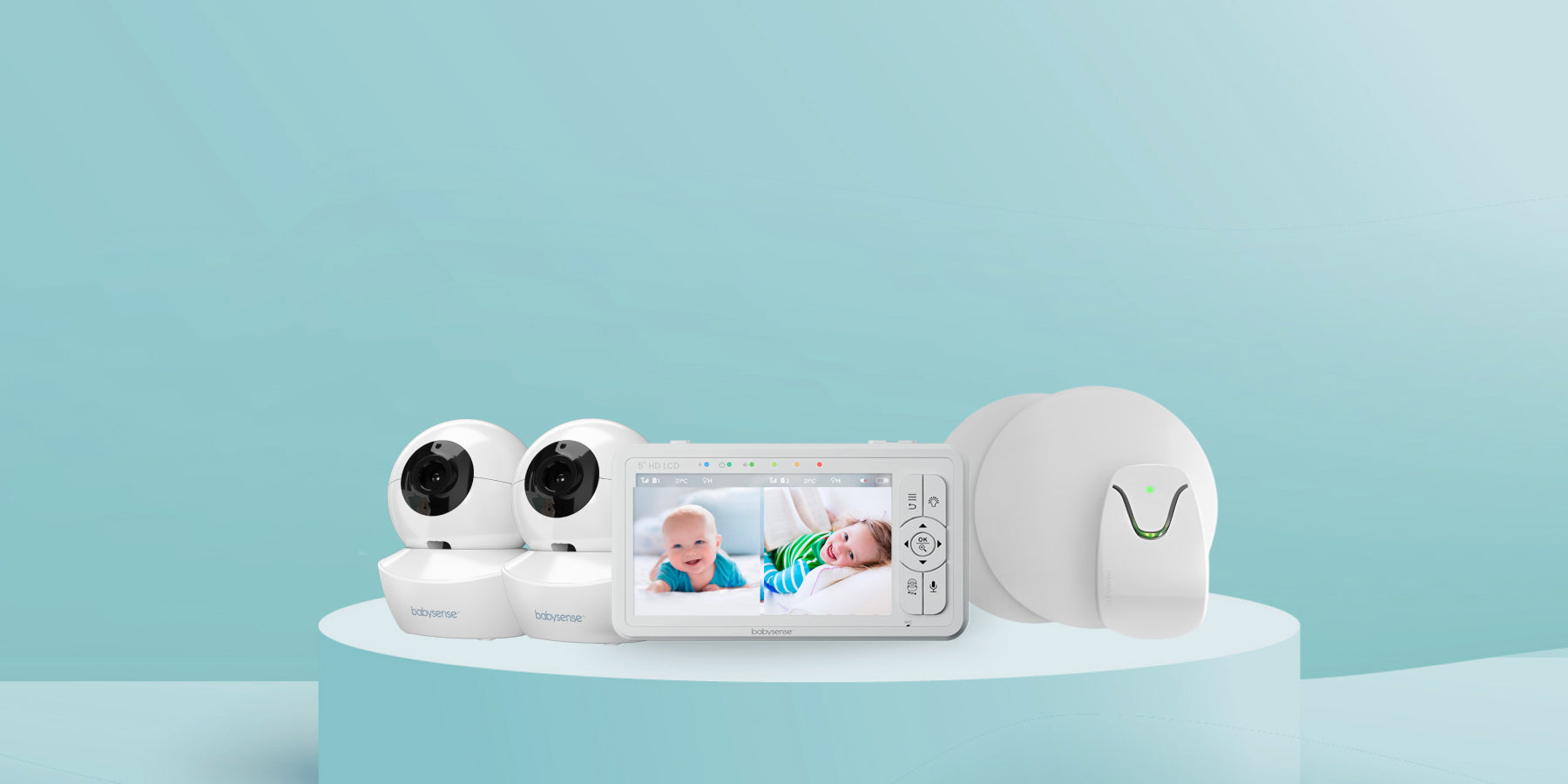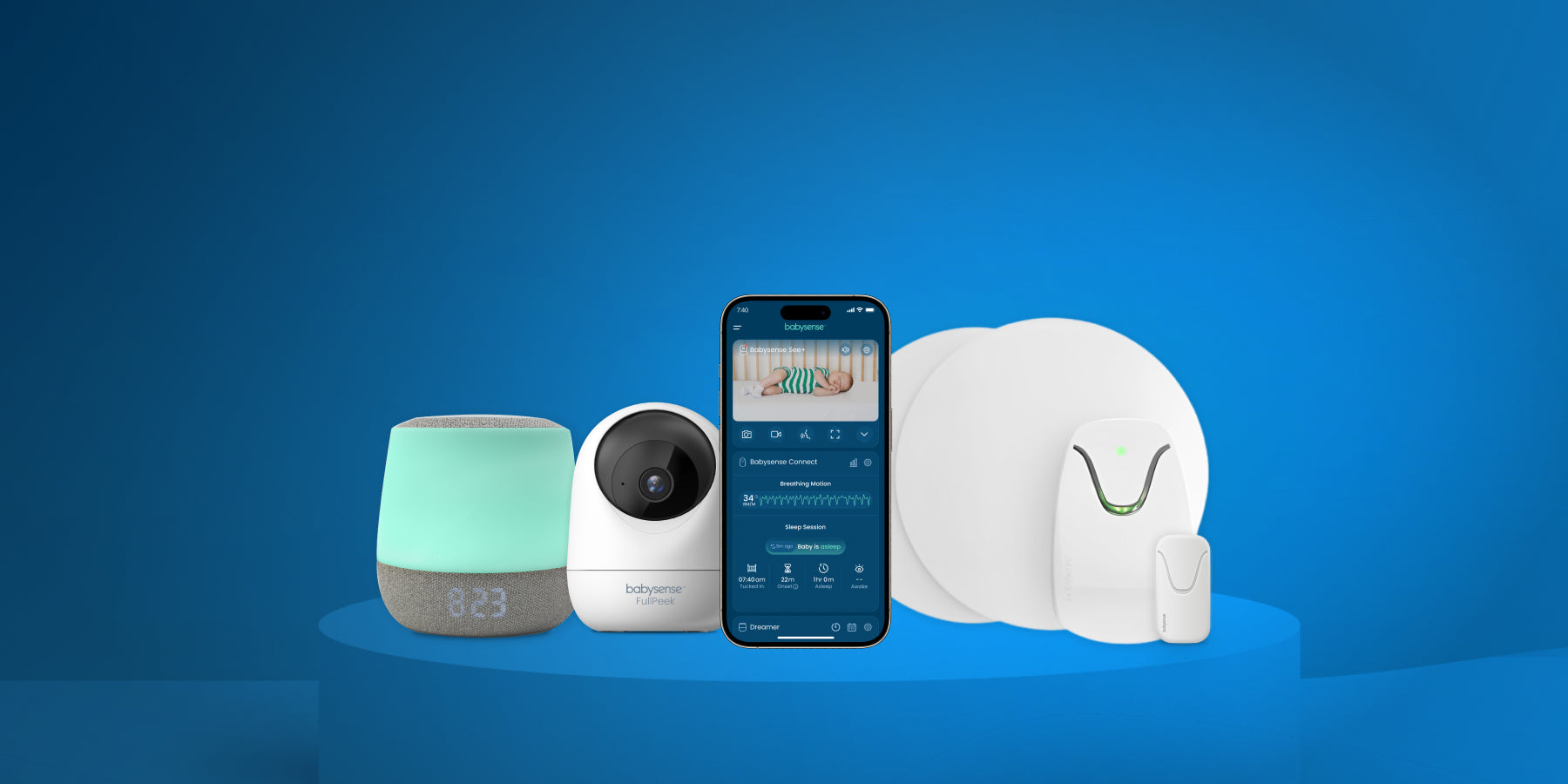As parents, we have one thing in common - we want to do the best for our new baby. Have you ever wondered what it really means to do the best for your baby?
The concept of “Early Stimulation” can be an overwhelming expectation for those doing their best just to survive and adapt to the demands of parenthood. We often get too caught up in what we or other people think and expect. We replace playfulness with responsibility and that burden can take the joy out of our interactions with our precious babies.
Yes, research does show that enriching experiences, particularly in the first 3 years of life, produce a multitude of nerve connections in the brain. What expands the brains wiring is the flood of sensory and motor experiences the baby receives right from birth, for example, being smiled at, watching a mobile, listening to Mom or Dad’s voice, being lovingly touched, cuddled and played with, all sends out electrical impulses that builds and refines the brains circuitry. This points strongly to the importance of hands-on parenting, finding time to touch, cuddle, talk to and provide babies with pleasurable play experiences.
It is empowering for parents to have an idea of what play activities they can incorporate into their daily routines to interact with their baby. Activities that stimulate their vision, hearing, touch and movement,all help them make sense of their world and move towards it. It is important to spend time watching what your baby is doing and what he/she takes an interest in, and then repeating it, providing more of the same. It is in our daily interactions with a loving, consistent caregiver that baby receives the most valuable input. Daily routines of feeding, bathing, dressing and nappy changing, provide wonderful opportunities for playful interaction.
Baby clinics, family or friend groups, and mother-baby workshops are also very beneficial in our learning as parents. Groups give support and sharing and help parents understand their babies’ behaviours, stages of development and what activities are best for stimulating sensory and motor development.
When talking about stimulation, however, we as parents should keep in mind that ‘the more the better’ is not necessarily true. We as parents need to learn to ‘read’ our babies readiness and responses and become ‘tuned in’ to our babies’ needs.
Your baby should be ready for interaction to truly benefit from stimulation. When calm and alert, your baby is receptive and will benefit most from your playful times together. Younger babies spend shorter periods in this optimal state, whereas, older babies can progressively tolerate more stimulation for longer periods of time. It is immensely powerful when parents feel the thrill of being able to calm their baby, and hold a space for interaction and positive emotion. From this platform, your baby is able to view the world with curiosity from which exploration and learning emerges.
Each child has a unique sensory processing style, an individual way of perceiving and thus experiencing their world. We need to recognize our babies’ individual differences and how they process their sensory world. Some babies are more sensitive. For these parents, it is not so easy to do just anything, any time, any how. These babies become easily overwhelmed and can become anxious in new environments and with new people. They need extra assistance from an empathetic adult who is available to assist them to regulate and thus regain an organised state. Assisting your child obtain a calm state, creates trust and a sense of security that forms a base from which the child can follow his/her natural curiosity and begin to explore the environment and experience new social interactions.
Babies experience their world through their senses. Therefore understanding how they respond to sensory input, helps you understand them better. Being aware of the sensory environment and the effect it has on your baby, helps you adapt the sensory input to suit your baby. Are the lights too bright, is there too much noise, too many people, is there too much movement for my baby, is she tired of being touched and passed around, have we had too busy a day? Remember that each baby has his or her own tolerance level to stimulation.
Stimulating your baby is about tuning in to their individual needs, and responding to their readiness to engage with you and with the world around them. Giving the “just right”type and intensity of stimulation when your baby is ready, is important for your bonding and for their emotional and intellectual development. Stimulation is also about providing playful, loving interactions during every day activities, watching what they are enjoying and providing more of the same. Finding time to be with your babies, to watch them and to have fun together, is the key to stimulating their development.
This surely must be the best we can do for our babies.
By Kate Bailey, mother of three, Occupational Therapist and designer of the Moms and Babes program.





